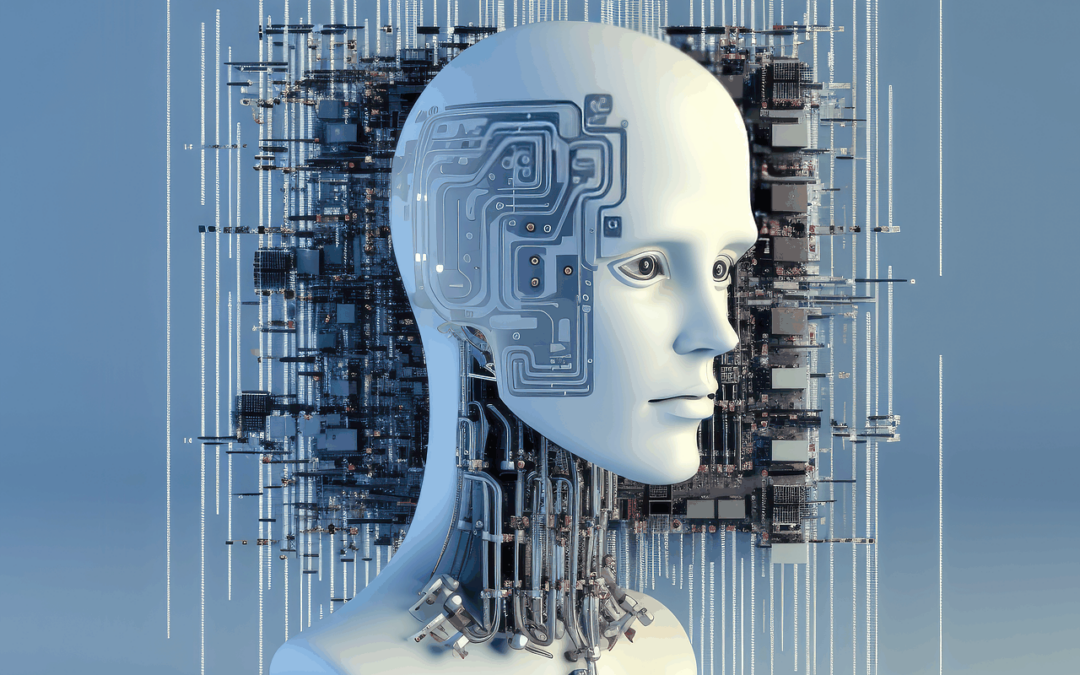
22 Mar 2024 | #AI in Research, #Impact, #OpenScience
To launch our new section ‘AI in Research’ Sascha Schönig spoke to Theresa Züger, head of the Public Interest AI research group, about the influence of AI on her personal day-to-day work in research, as well as on the science system as a whole. She gave some exciting insights about the risks and opportunities AI bears for research work and talked about tools her team is developing at the Alexander von Humboldt Institute for Internet and Society.

18 Sep 2023 | #Harassment, #Impact, #ScientificAdvice
Niels Mede on how the rise of populist politics affects academic work, science communication practices of scholars engaging in public discourse and ways to address these challenges.

08 Aug 2023 | #Impact, #ScientificAdvice
Peter Weingart on changing perceptions of science’s role in society, safeguarding autonomy, and the concept of dual legitimacy for scientific knowledge in policy decisions.
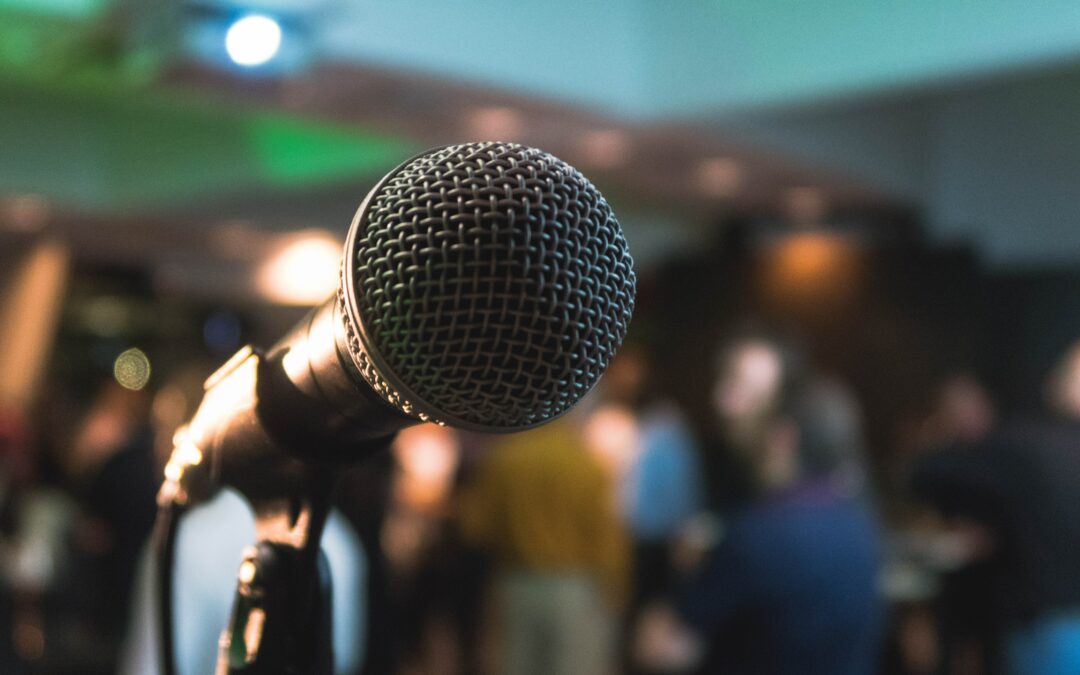
31 Jul 2023 | #COVID-19, #Impact
Threats and attacks on researchers can lead them to self-isolate and retreat from public communication. We look at strategies to prevent this from happening.

17 Oct 2022 | #Impact, #OpenScience, #ScientificAdvice
Beck, Poetz & Sauermann on using AI tools when developing novel research ideas as input for writing grant proposals during an experiment at the OIS Research Conference 2022.
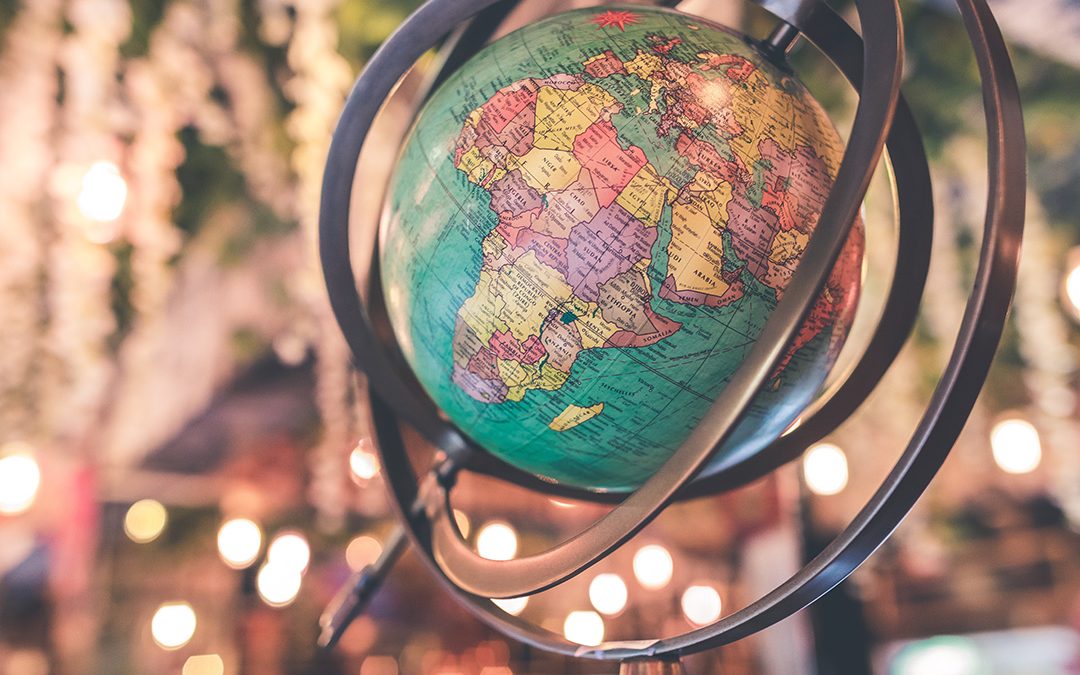
25 Jul 2022 | #Impact, #ScientificAdvice
In this contribution, Irene Broer & Nataliia Sokolovska describe what inspired them to create their own taxonomy of advisory formats and dive into the characteristics of advisory organizations and how they can be systematized.
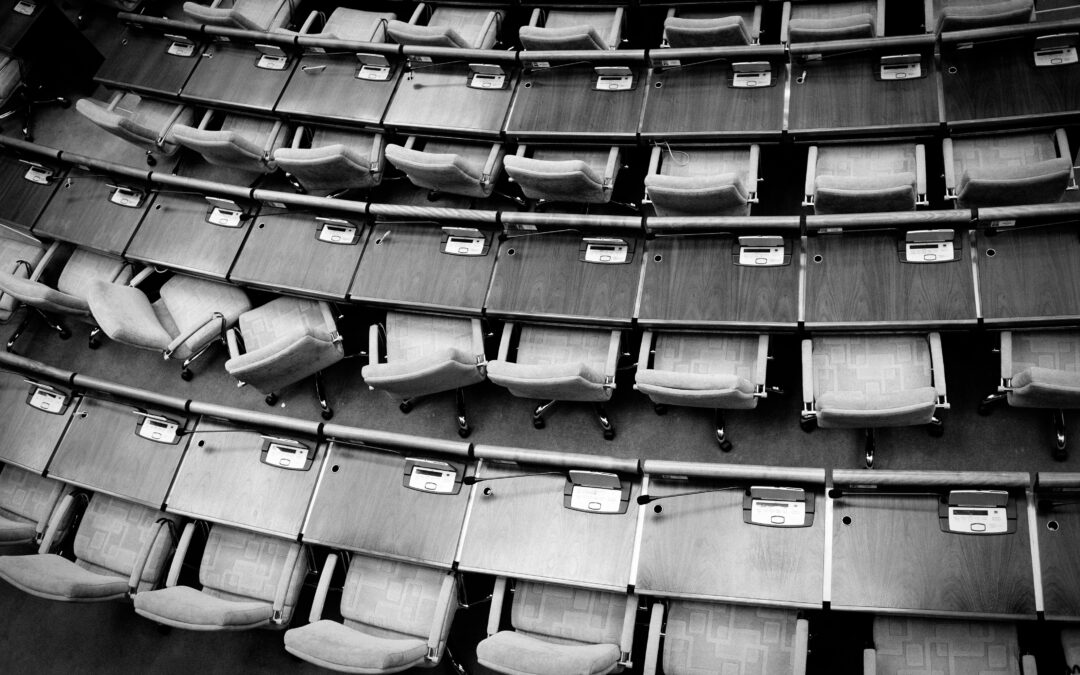
10 May 2022 | #Impact, #ScientificAdvice
Holger Bähr on the strengths and pitfalls of evidence-based policy advice in policy-making precesses
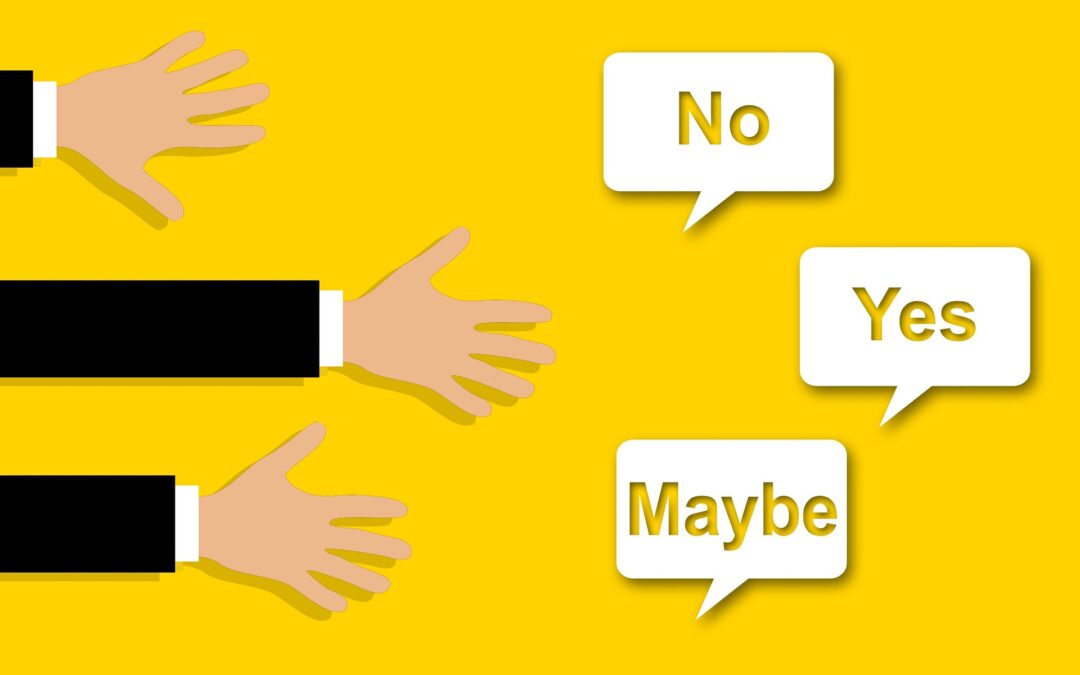
11 Apr 2022 | #Impact, #ScientificAdvice
This short analysis is showing up ways of how the quality of scientific policy advice, as an important part of the recognition of scientific activity, can be checked and how these processes and results can be made usable again for science.
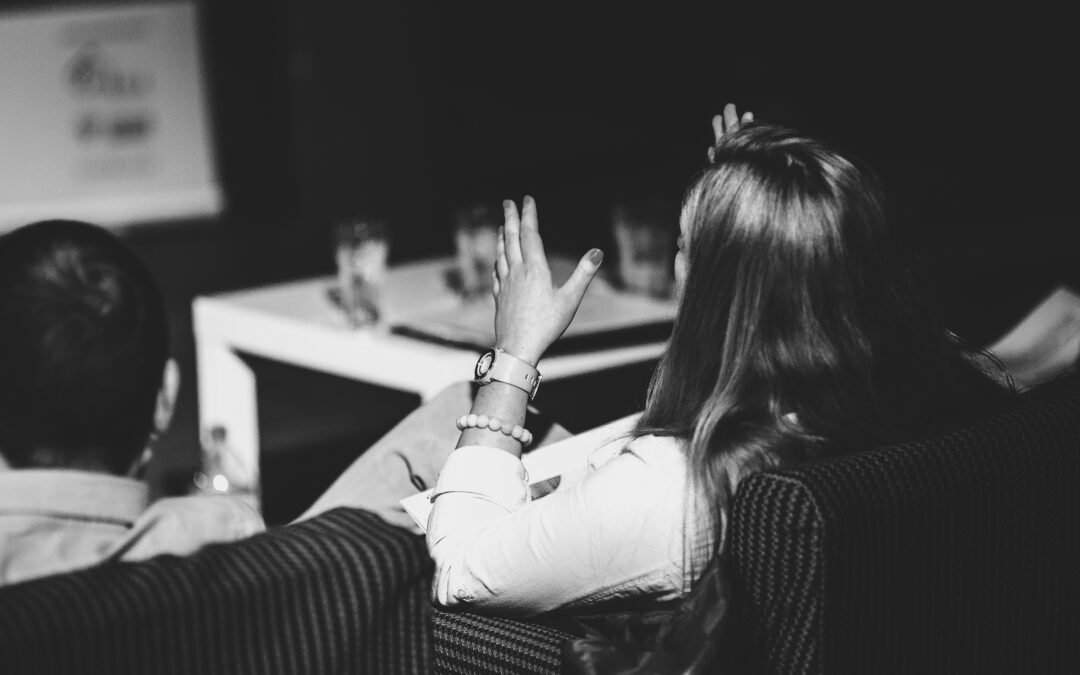
28 Feb 2022 | #Impact, #ScientificAdvice
Karcher and Shellock on trust at the science-policy interface, how can you build trust when working with decision-makers and what can you do when it has been compromised or lost.
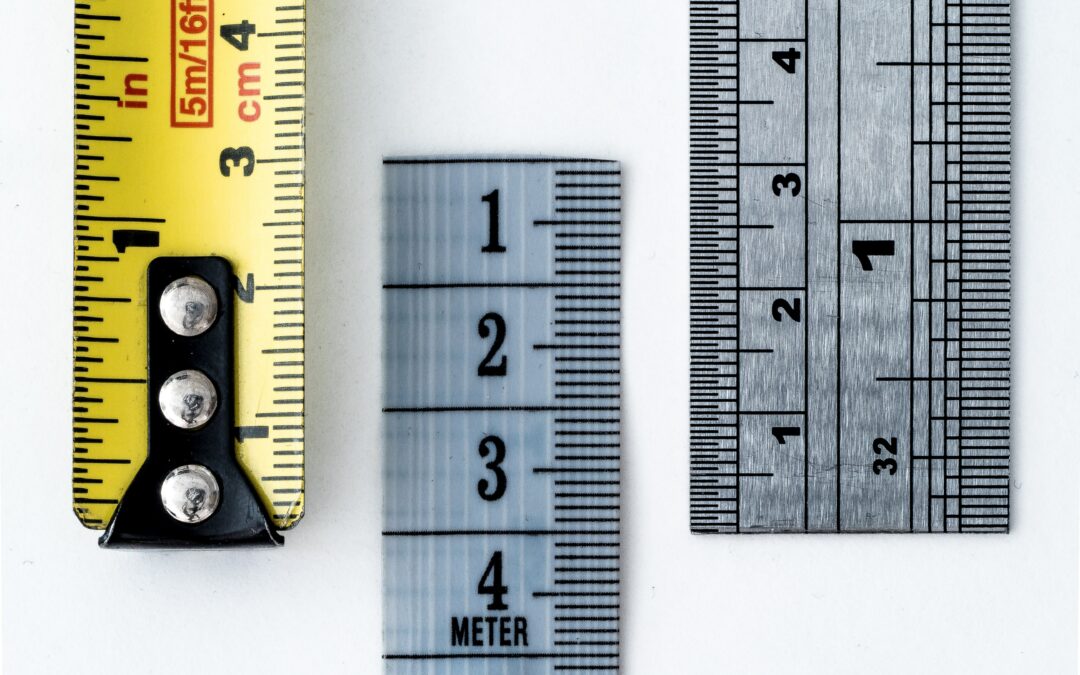
16 Nov 2021 | #Impact
A summary of the results of a workshop held by our authors on issues related to the measurability of the impact of the Social Sciences and Humanities.
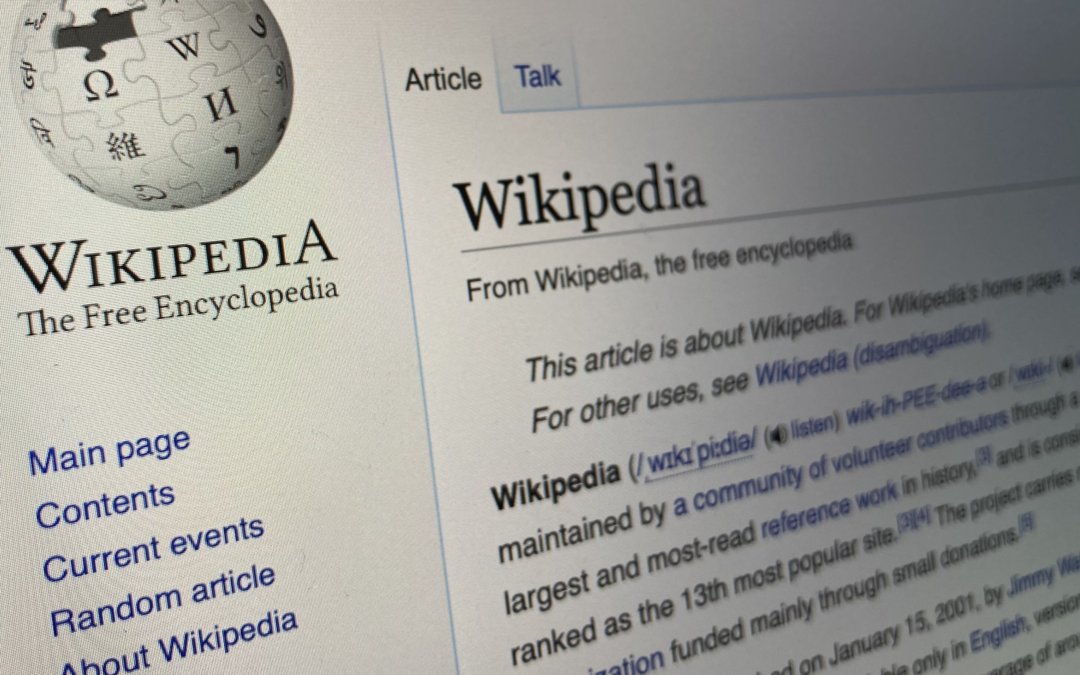
26 Jul 2021 | #Impact, #OpenScience
The Wikipedia community has become a source of information for a broad and global public. Paul and Max argue that contributing to the encyclopedia as a scholar can be a powerful way of achieving a strong societal impact of their own expertise. Furthermore they provide a guide on how to write your first contributions.
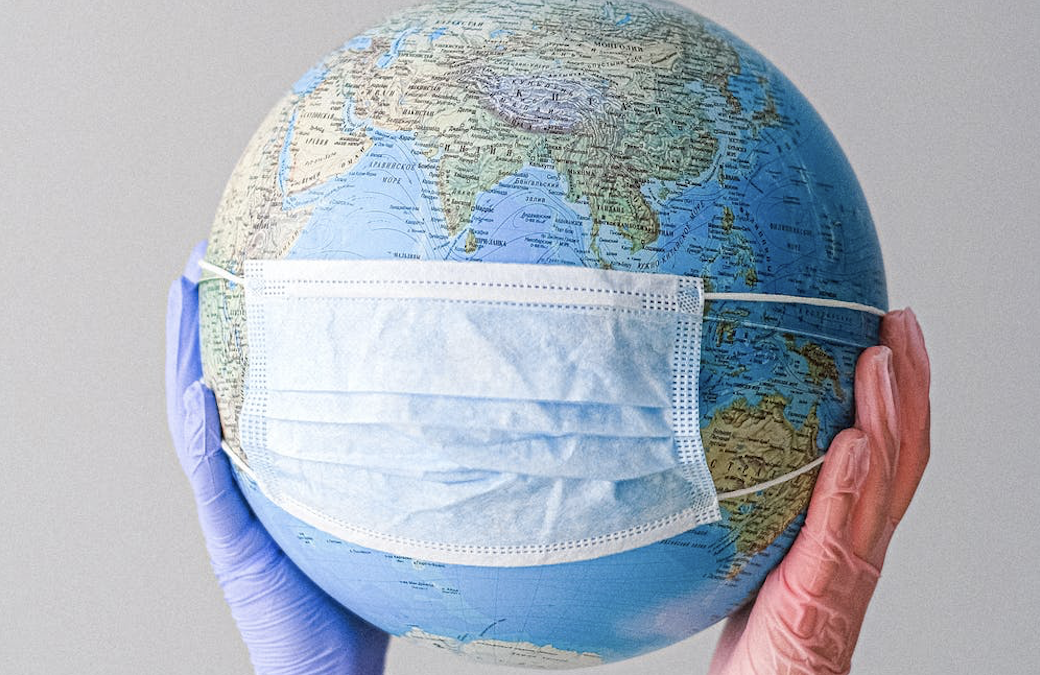
14 Sep 2020 | #COVID-19, #Impact
Jayat Joshi on the role of science as a guiding principle of political and societal action in extraordinary situations like the COVID-19 pandemic
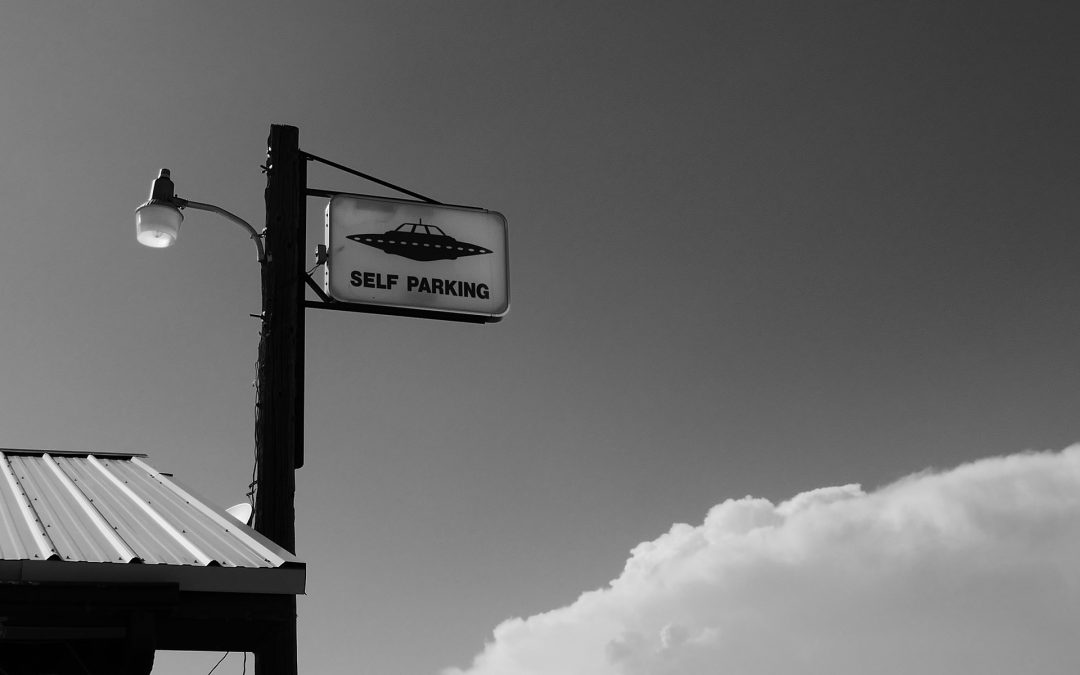
10 Aug 2020 | #COVID-19, #Impact
Mike Schäfer & Jing Zeng on the particularities of conspiracy theories on COVID-19, how to face them, and what role science communicators play while doing so.
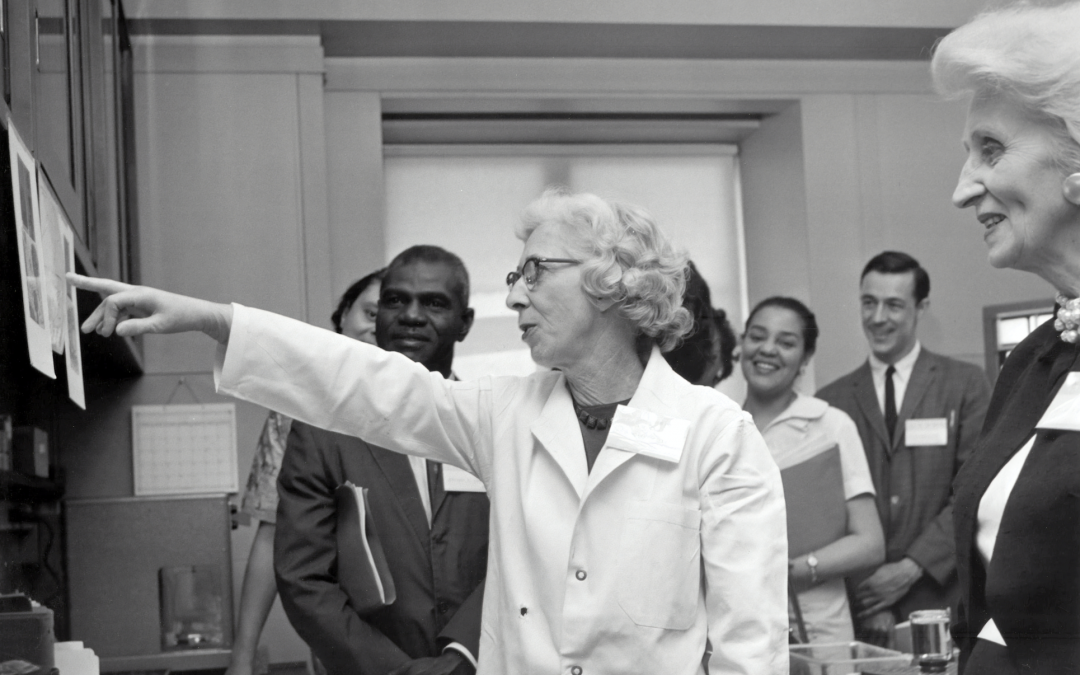
22 Jul 2020 | #COVID-19, #Impact
Stefanie Molthagen-Schnöring on science communication in times of a global pandemic and why communication with “the public” shouldn ´ t be its goal

01 Jun 2020 | #Impact, #Infrastructure
Glaucia Souza on the introduction of BioFuels in Sao Paulo and all over Brazil, her activities at BIOEN and the transfer of technologies for more sustainable forms of mobility into practice.
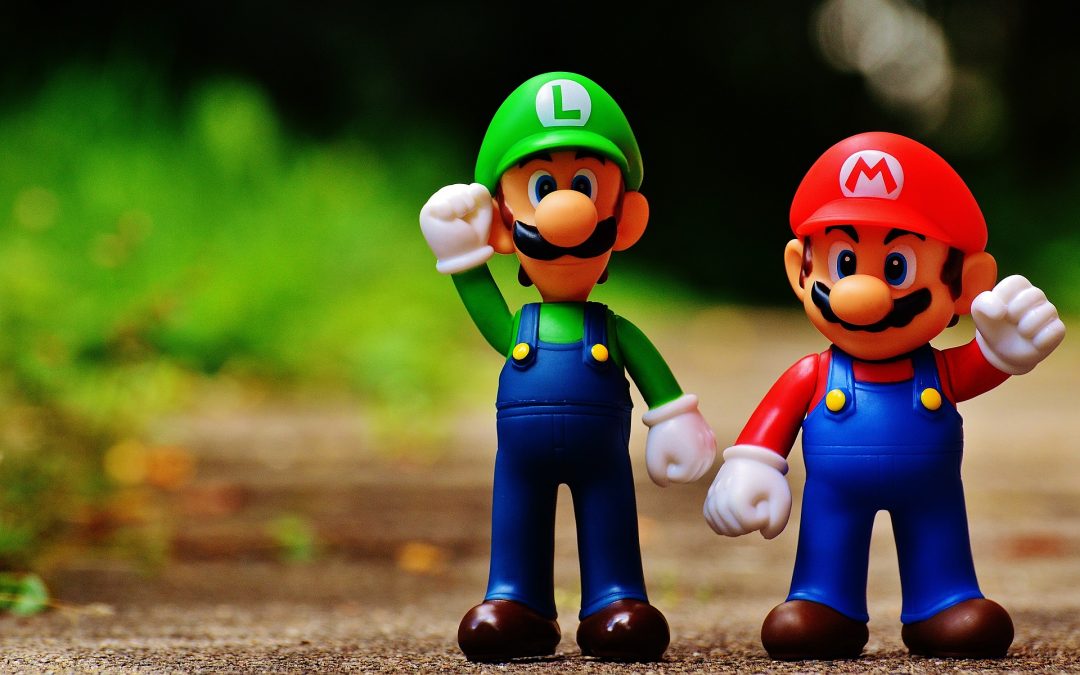
17 Mar 2020 | #COVID-19, #Impact, #OpenScience
As serious as the COVID-19 pandemic is, it could be an opportunity for science, says our editor Benedikt Fecher.

21 Jan 2020 | #Ethics, #Impact
René von Schomberg on Responsible Innovation and its dimension of societal impact.
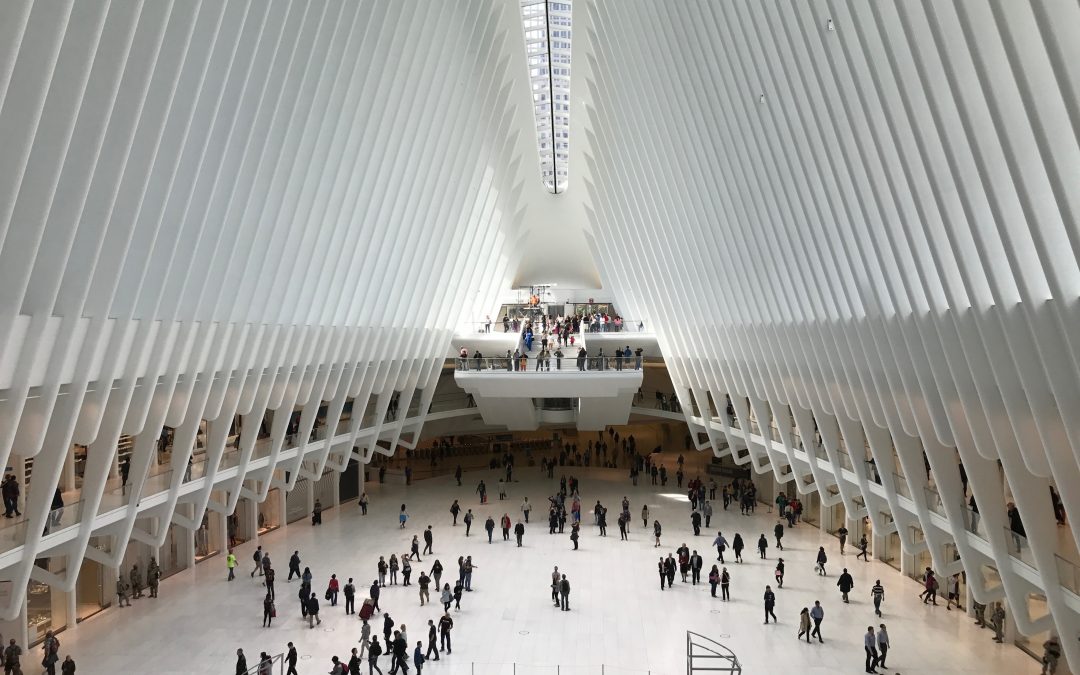
10 Dec 2019 | #Impact
Prof. Lupia on the value of social science, its responsibilities, potentials and application.
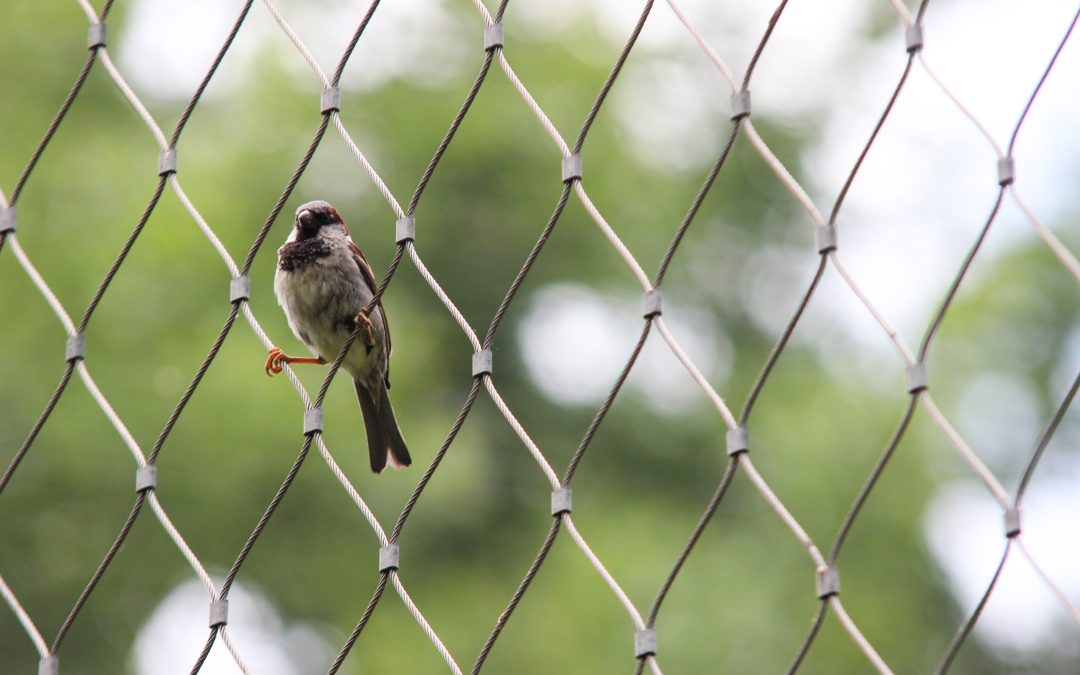
02 Sep 2019 | #Impact
Adrián A. Díaz-Faes analyses four dimensions of twitter metrics around science in a quantitative study.

23 Aug 2019 | #Impact
Fecher and Kobsda introduce the Research Impact Canvas – a structured guide to plan science communication activities.

14 Aug 2019 | #GlobalScience, #Impact
Marion Poetz on what it takes to foster innovation in Science and how to make it more interesting for companies and organizations.

24 Jul 2019 | #GlobalScience, #Impact
Gregor Hagedorn, the initiator of Science for Future, explains how Scientists for Future uses a pro-active form of science communication to draw attention to global challenges.
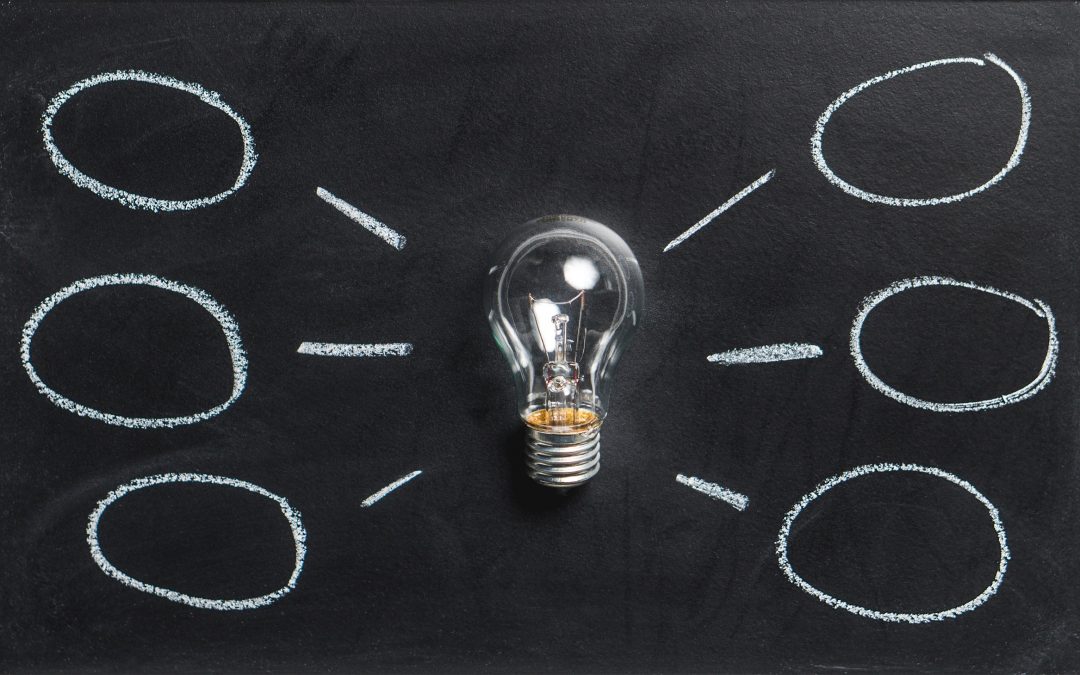
17 Jul 2019 | #GlobalScience, #Impact
How to support scientists in increasing the visibility and impact of their research? Tamika Heiden shows insights from her work.
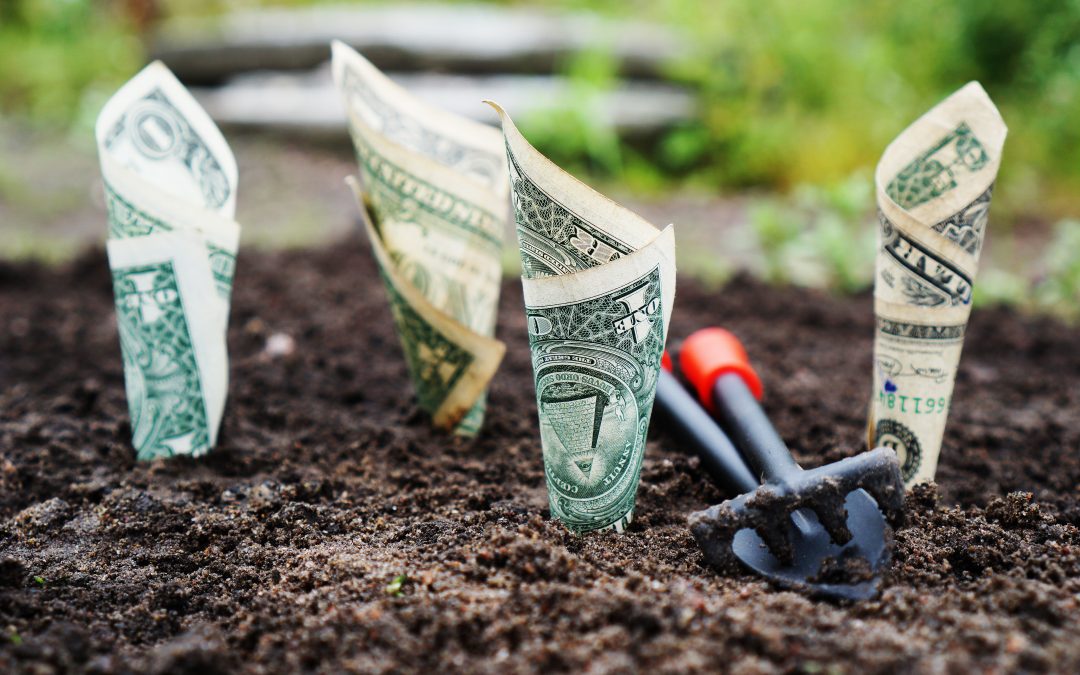
18 Jun 2019 | #GlobalScience, #Impact
Doing research and getting paid for it is fantastic, but how to do that sustainably? Kalle Korhonen tells you how to maintain the interest of research funders.
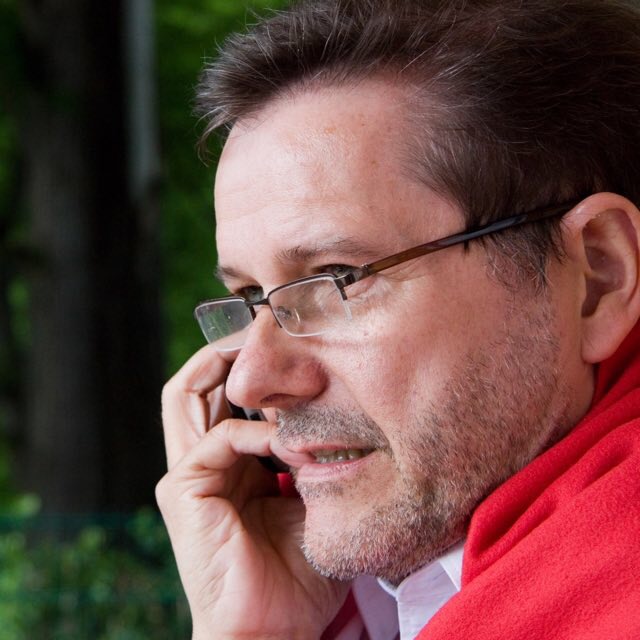
11 Apr 2018 | #Impact
Search for the truth, but also provide contributions to problem-solving and make reliable predictions.
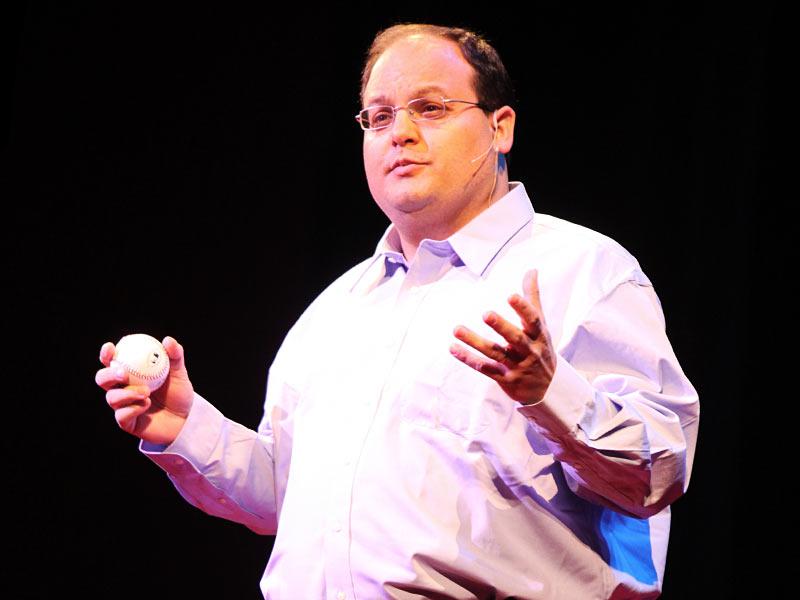
26 Mar 2018 | #Impact
What should a scientist do if he or she realized that there is an error in research? What kind of implications can this have on their future career?
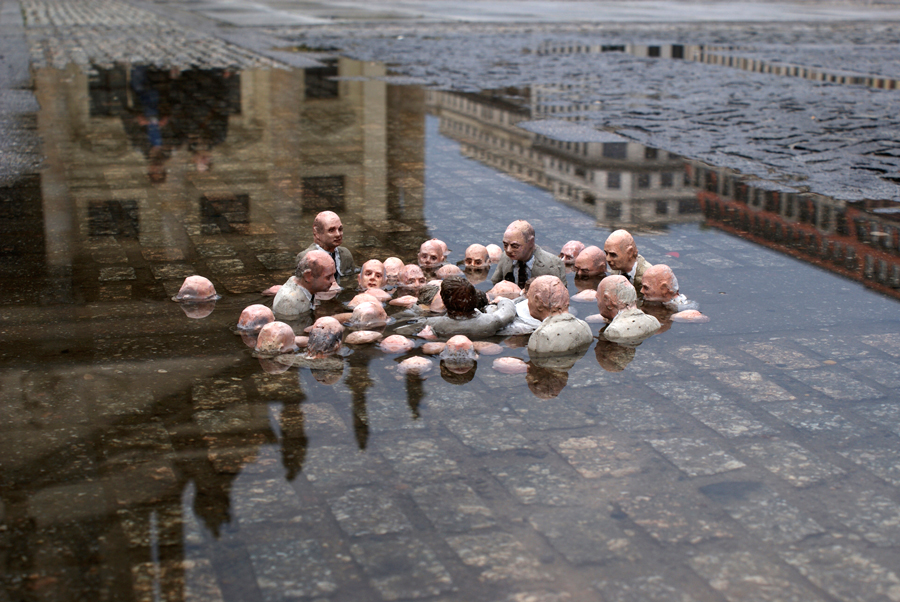
19 Mar 2018 | #Impact
The conflict for scientists and research evaluation between scientific impact and tackling societal challenges.
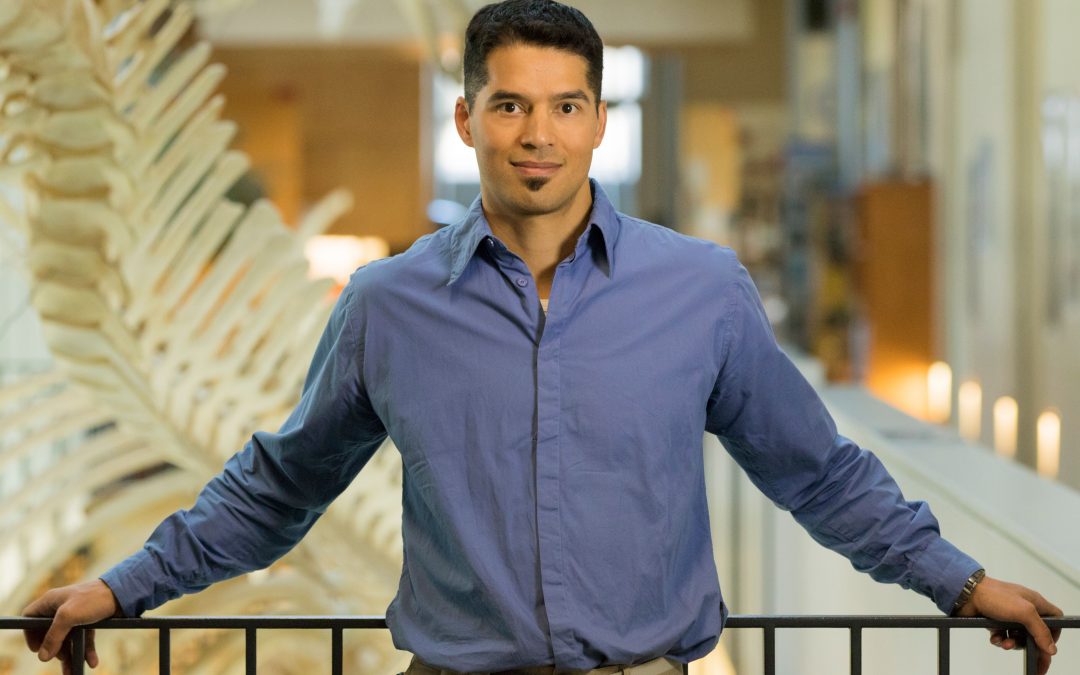
26 Feb 2018 | #Impact
An interview with Kai Chan and his strategies to seek the combination of both kinds of impacts.
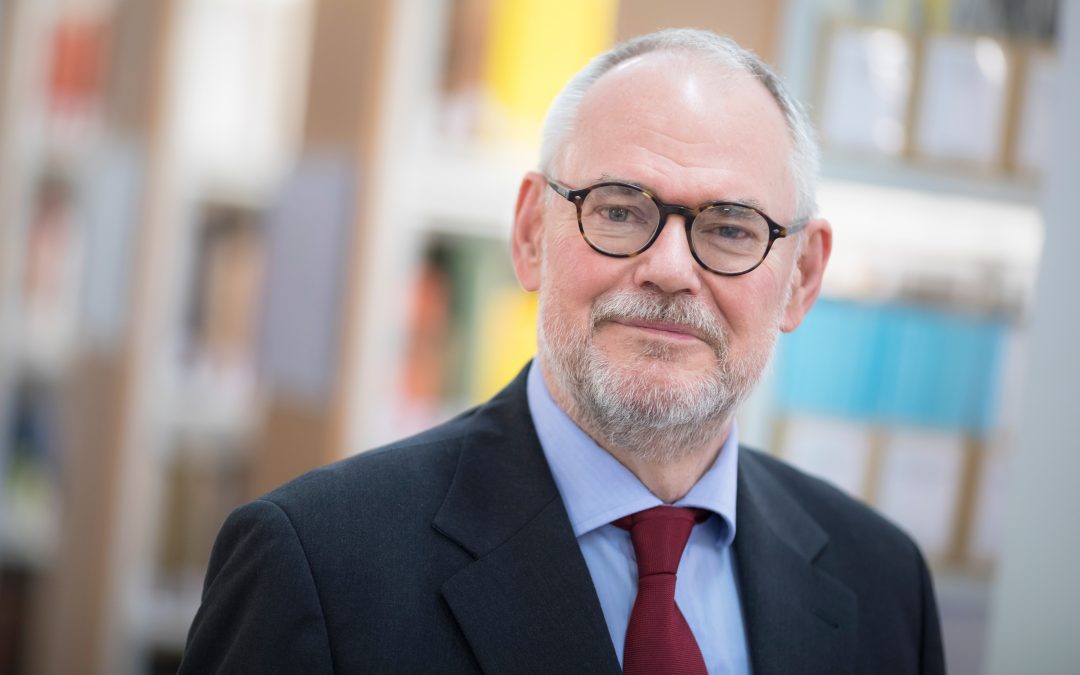
13 Feb 2018 | #Impact
“Scientists who oversell their results are a big problem for science.”
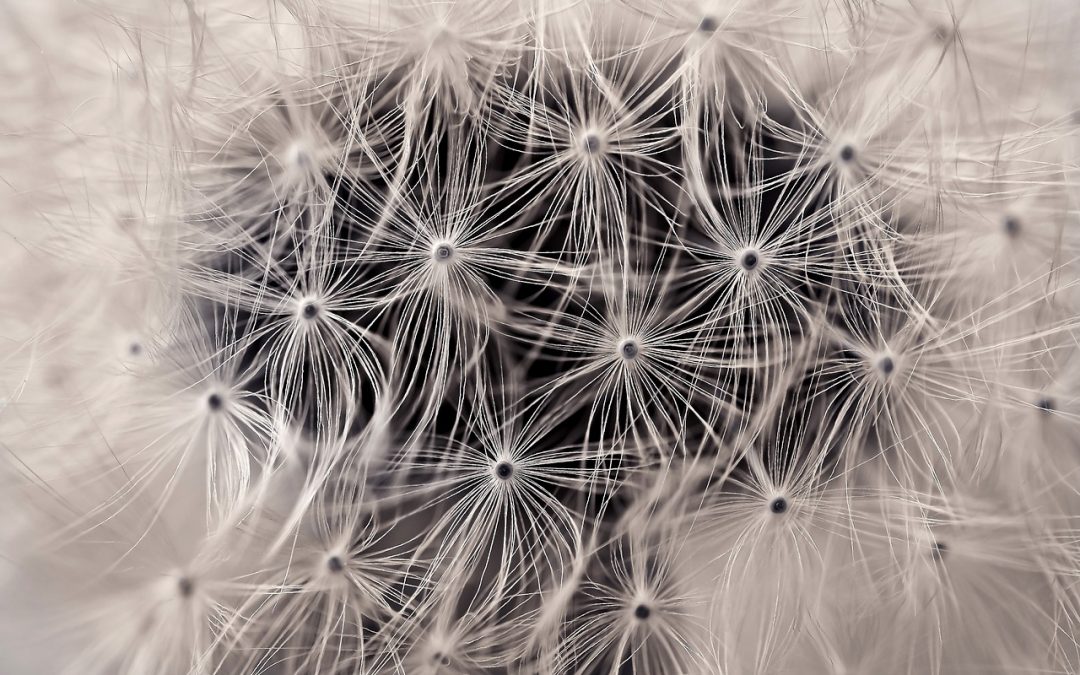
29 Jan 2018 | #Impact
The case for decentralized, trusted platforms for the dissemination of scientific information and attribution.
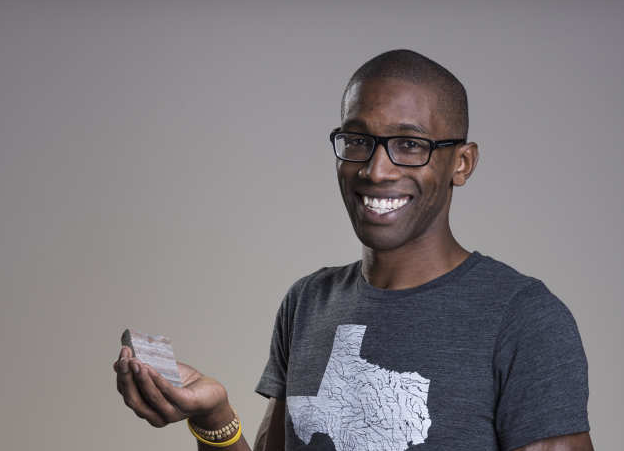
15 Jan 2018 | #Impact
Christopher Aiden-Lee Jackson researches the Earth’s structure. In his opinion, scientists have to care more about informing their findings to policymakers.
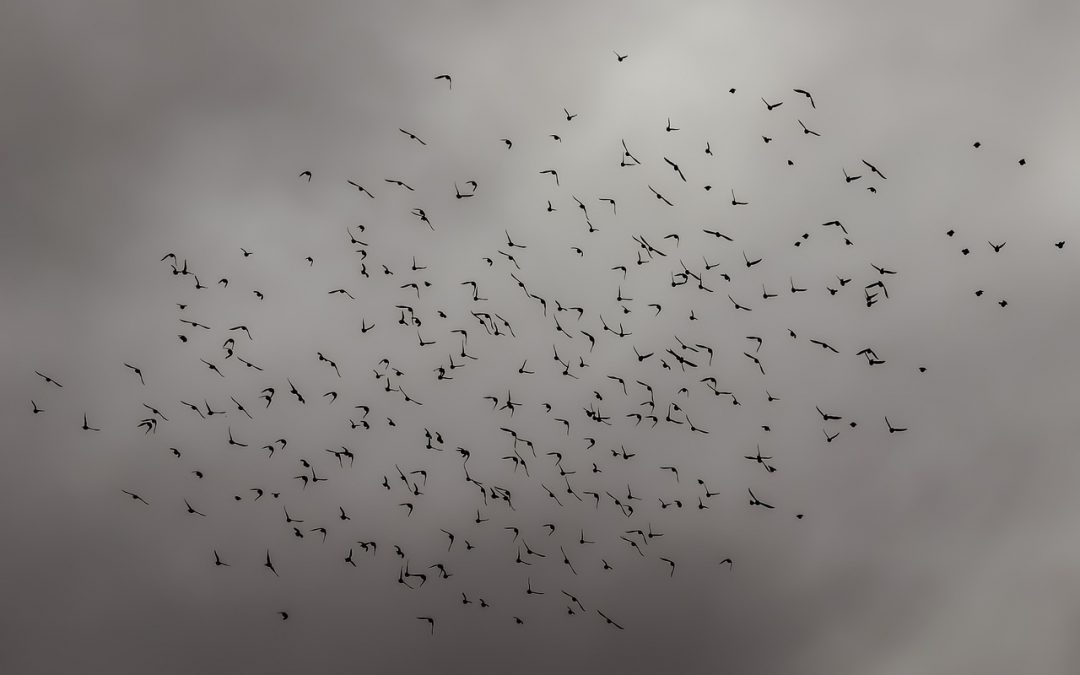
09 Jan 2018 | #Impact
Twitter is a centerpiece of modern public communication. But the question must be asked: Is Twitter worth all that attention?
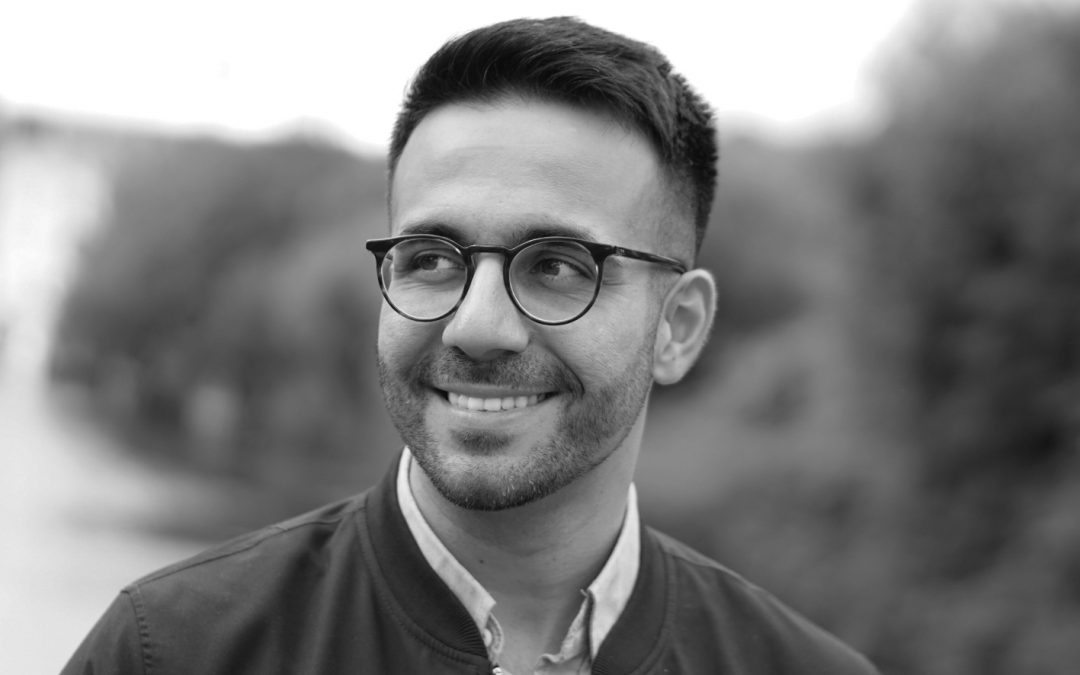
01 Dec 2017 | #Impact
Open Science advocate Shakib Wassey tells how a digital platform for open scientific publication and interactive evaluation could change scientific publishing.
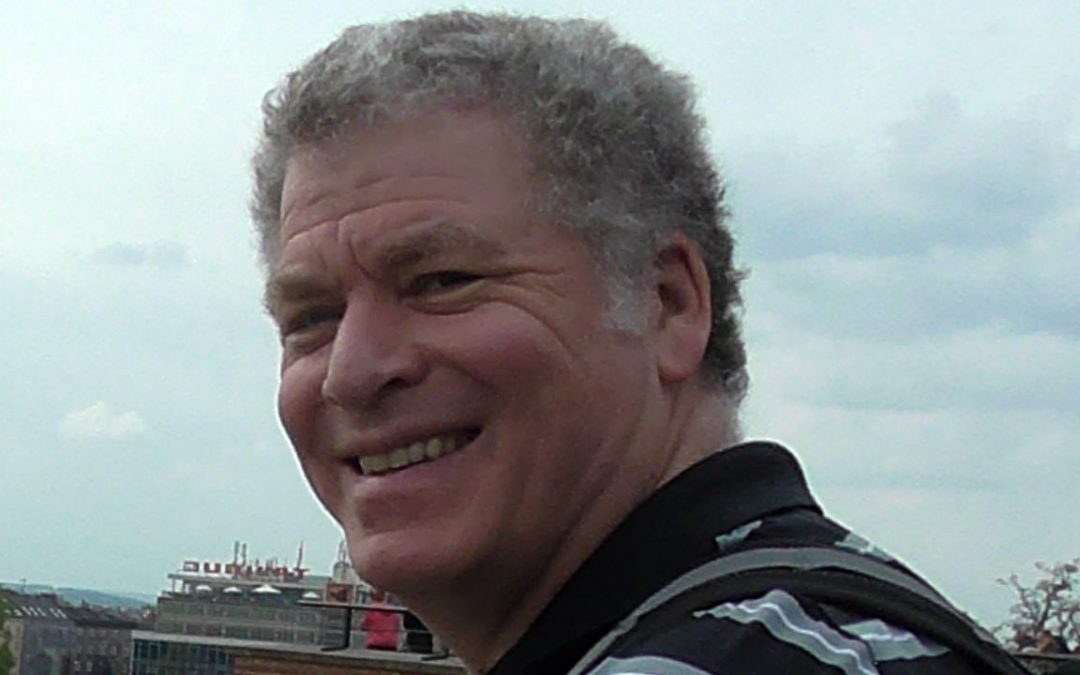
24 Aug 2017 | #Impact
3 questions to Jeremy M. Berg about the future of scholarly publishing.


































